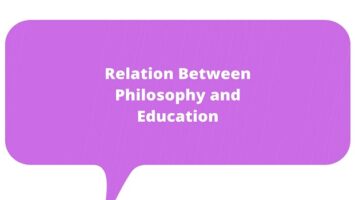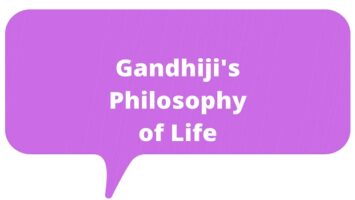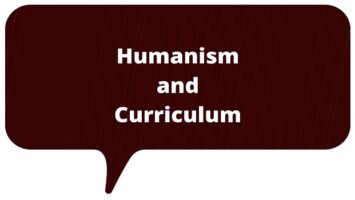Aurbindo View on Training of the Senses:
According to Sri Aurobindo, there are six senses (sight, hearing, smell, touch, taste and mind) of man. These six senses help man in acquiring knowledge. The training of the senses aims at not less than perfection. Sri Aurobindo attaches great importance to the training of these senses. He states that their training should be the first concern of the teacher. These senses must be developed perfectly. Our senses must be accurate and sensitive. If there is any hindrance in making them accurate and sensitive, that hindrance must be removed. To make the senses perfect, first of all, the cause of their imperfection must be known. The causes of defective functioning of senses and their remedies are as under-
(1) Obstructed activity of the nerves- The unobstructed activity of the nerves is necessary for making the senses accurate and sensitive. The sense organs in themselves have a tendency to do their work perfectly. It is only in the presence of an obstacle that they fail to serve us. The obstacle may be in the nerve current. These nerves are the channels that communicate the information to the mind. They have no power in themselves to alter the information given by the organs. If the nerve channel is obstructed, the obstruction may interfere with the accuracy or fullness of the information as it reaches the mind. It results in insufficient sensitiveness of the senses. If these nerves are obstructed in any way, the help of some physician must be sought.
If the defects in the senses are not due to physical injury or deformity or physiological inadequacy, they can be removed by purification of the nerve system i.e., by the regulation of breathing. The regulation of breathing or nerve purification is called Nadi Suddhi according to the yogic discipline.
(2) Inadequate functioning of the mind- Inadequate functioning of the mind may be another cause of the defective functioning of the senses. The mind is a sense organ as well as a channel to communicate with the Buddhi or brain force. As a sense organ, it is as perfect as the other five senses; but as a channel, it is liable to obstruction or distortion. The mind should be so trained as to give a correct report to the intellect in order to enable us to start our thinking correctly. The full development of the sensitiveness of the mind is called Sukshmadrishti or the subtle reception of images in the yogic discipline.
(3) Biased attitude- Man looks at things with a bias which is the result of the environment. Man is prone to interpret things according to his habitual ways of looking at him. It is only a more developed mind which can interpret first impressions without an unconscious bias. To make oneself free of bias while interpreting impressions, one must purify his mental and moral habits, i.e., one must attain Chitta Suddhi. This is a preliminary process of yoga.
(4) Insufficient use- Insufficient use might be another cause of the inefficiency of the senses. Experiments have shown that the faculty of observation is imperfectly developed because of the insufficient use of the senses and memory. This faulty observation can be removed by training the senses to work efficiently. For this, the child should be encouraged to use his various senses in adequate situations.









Comments (No)